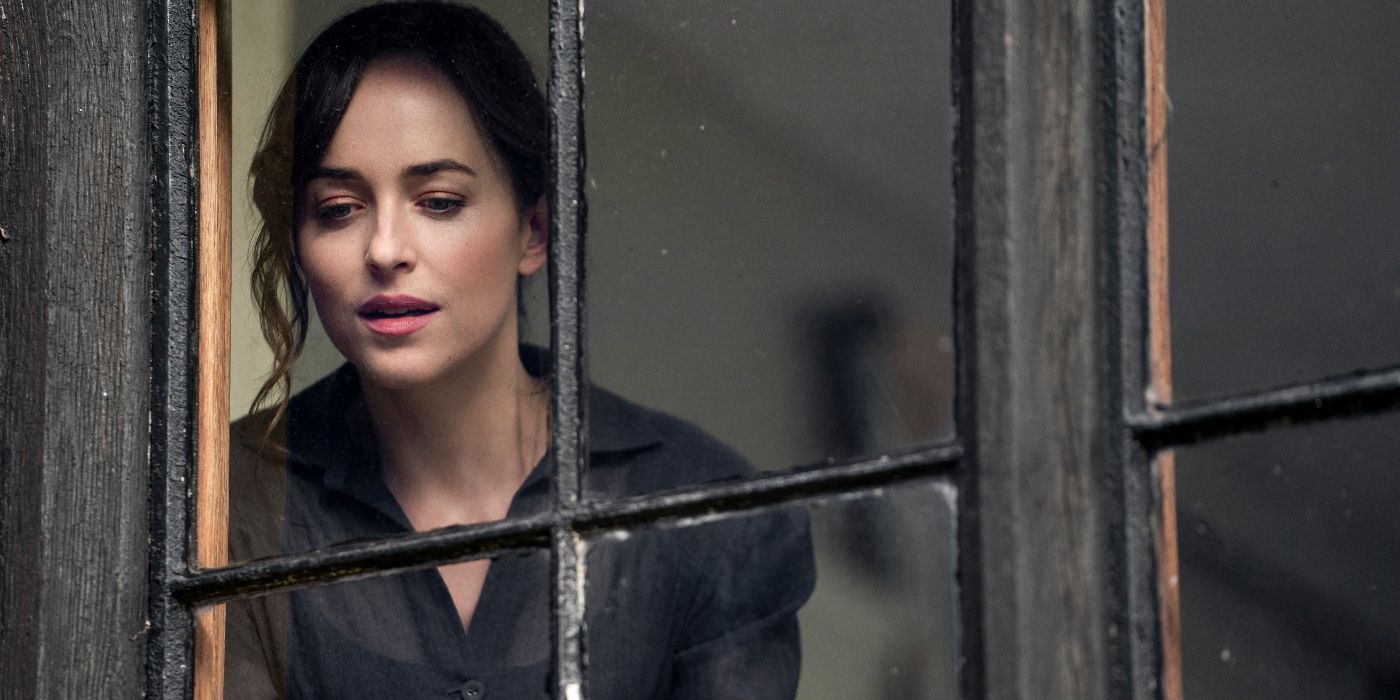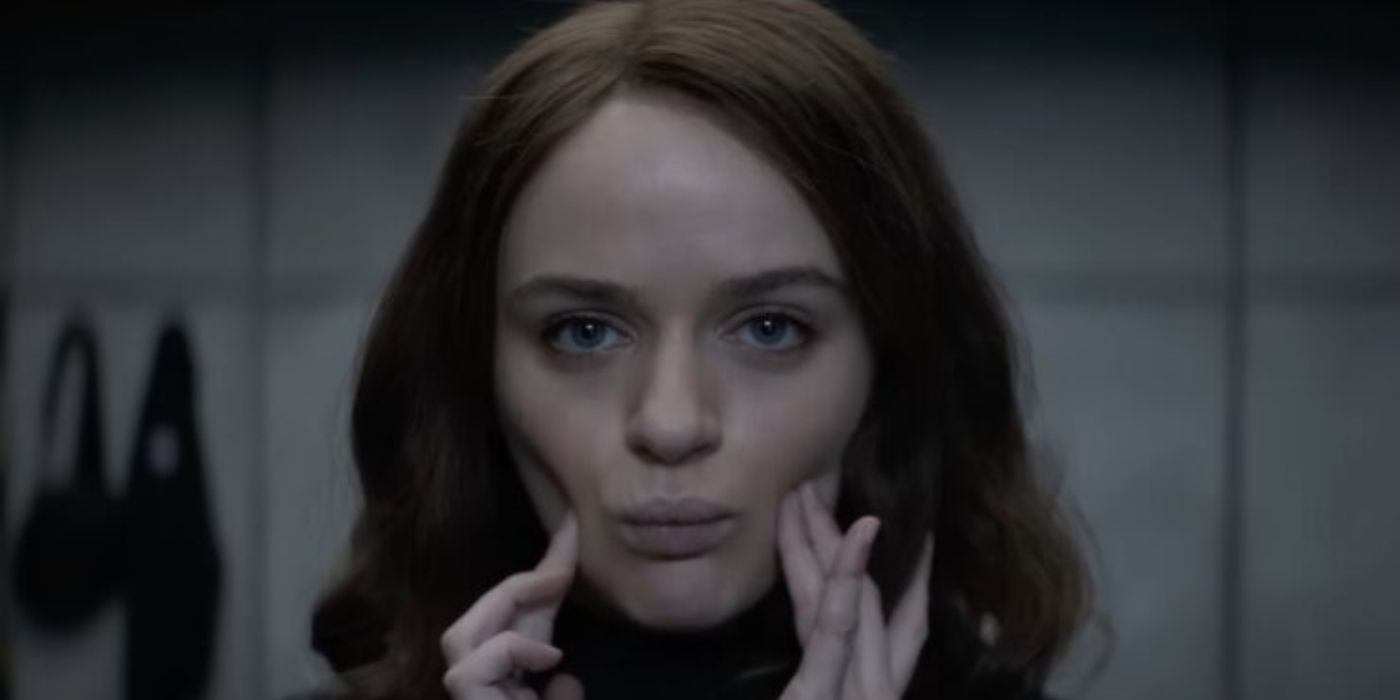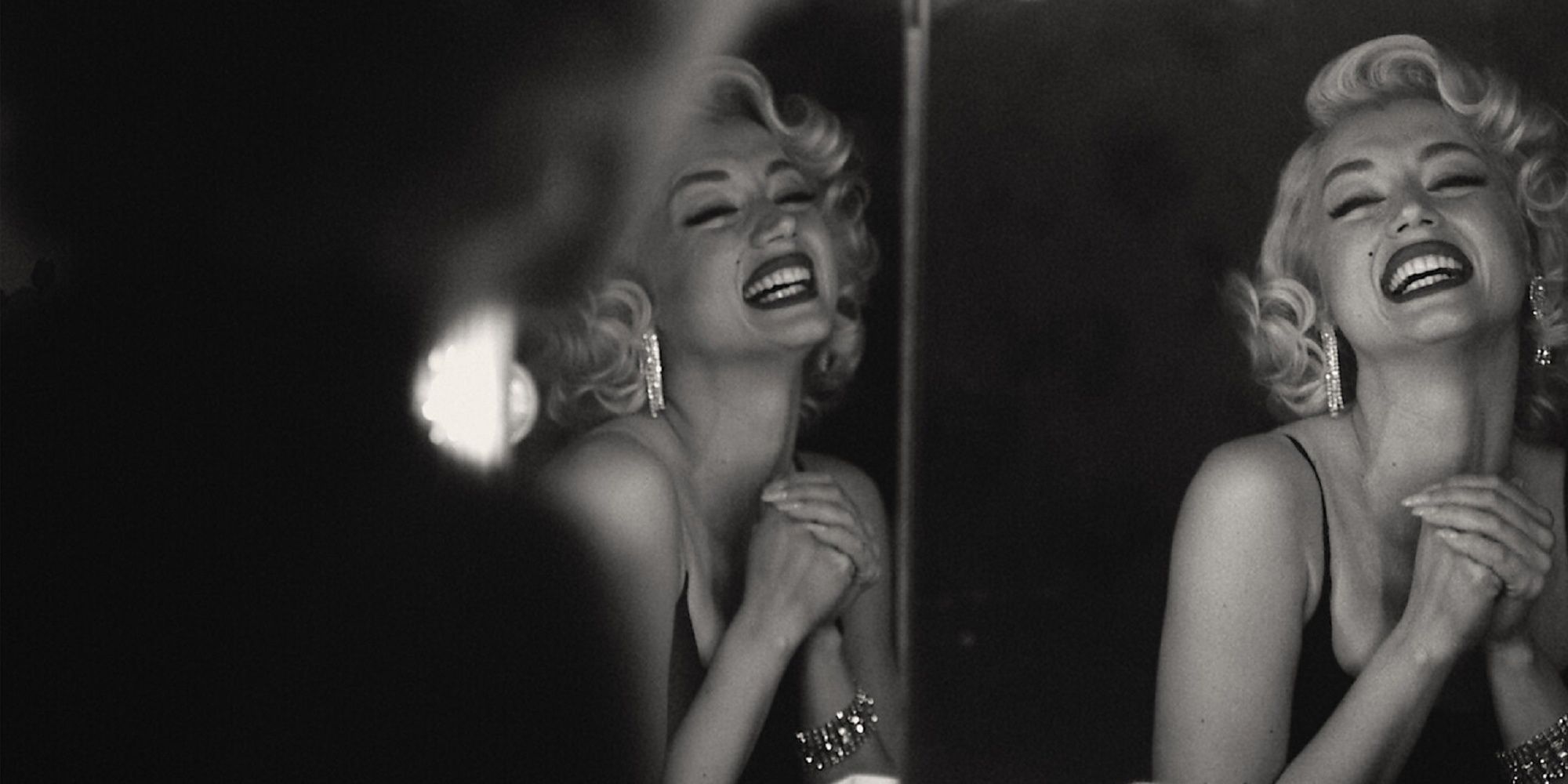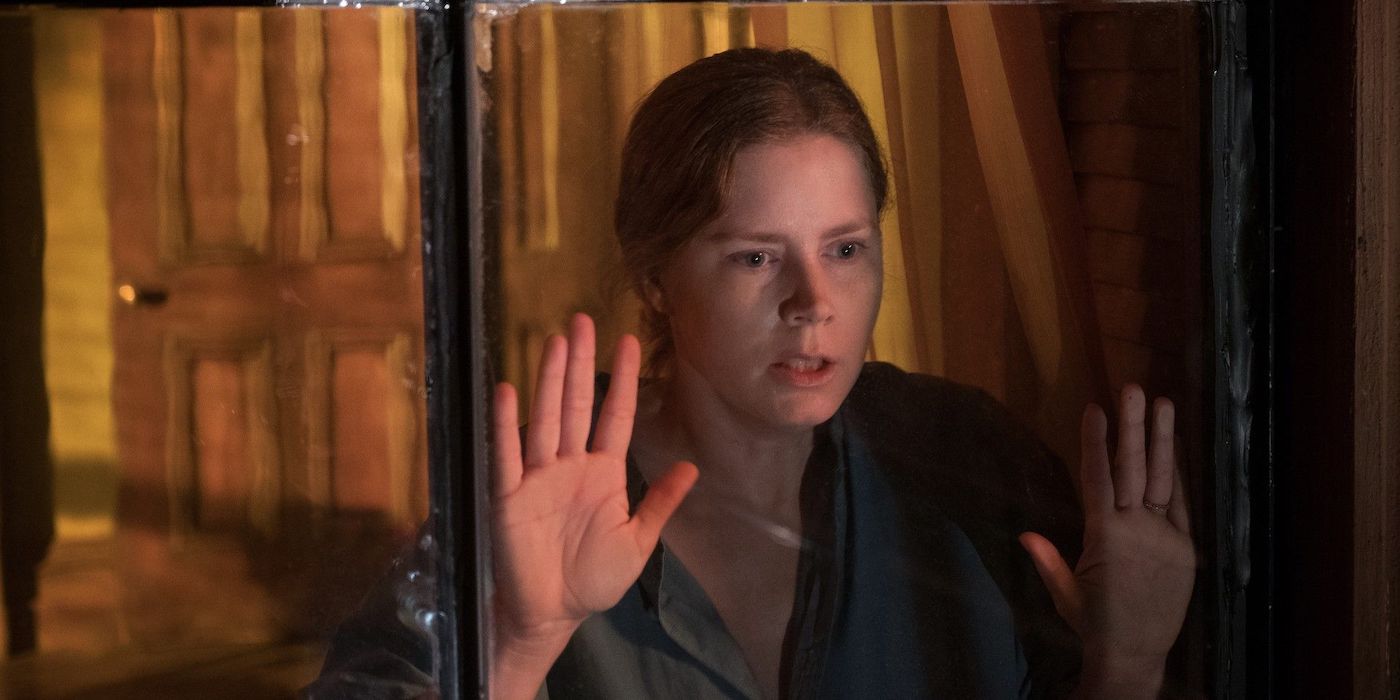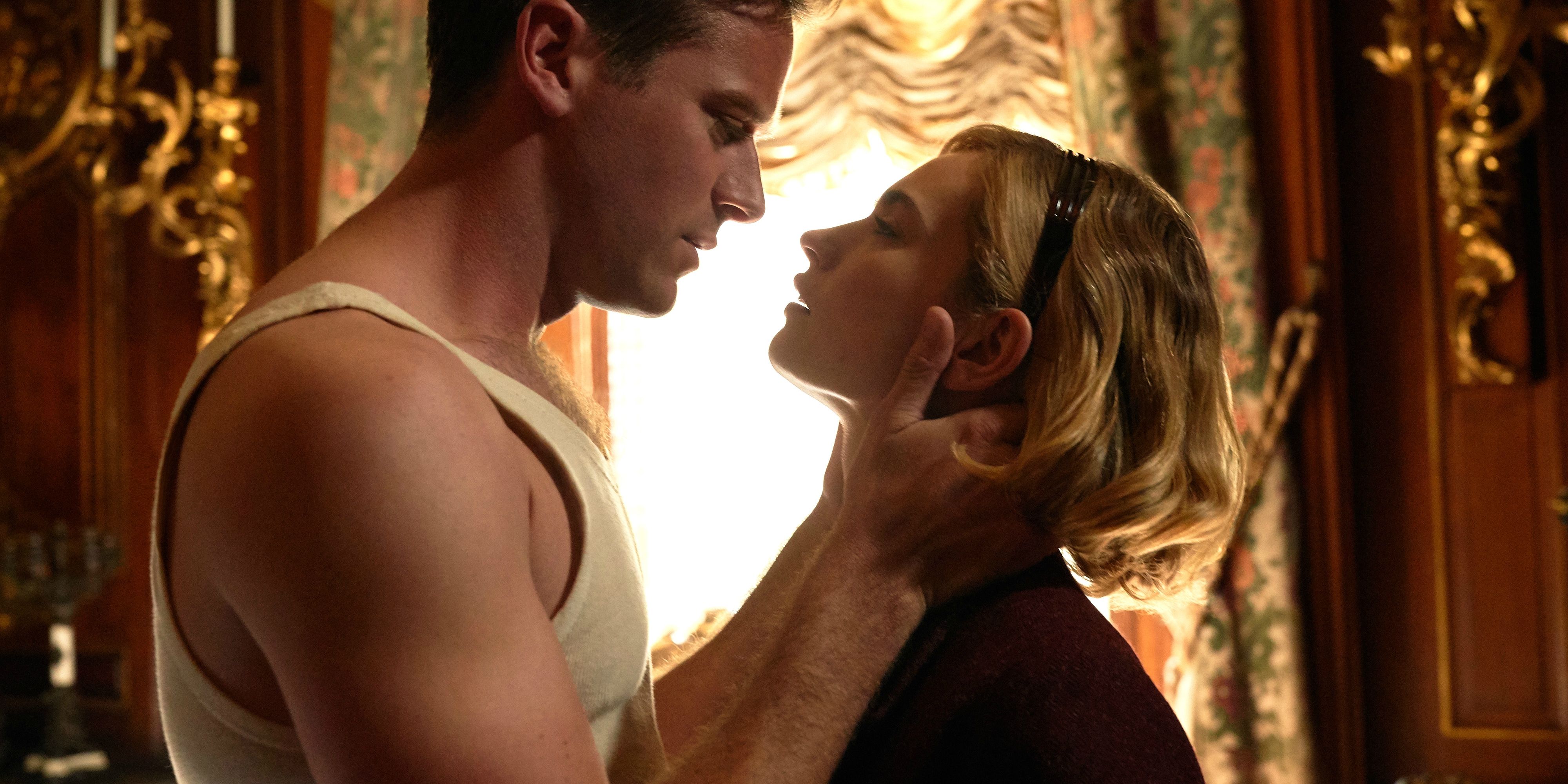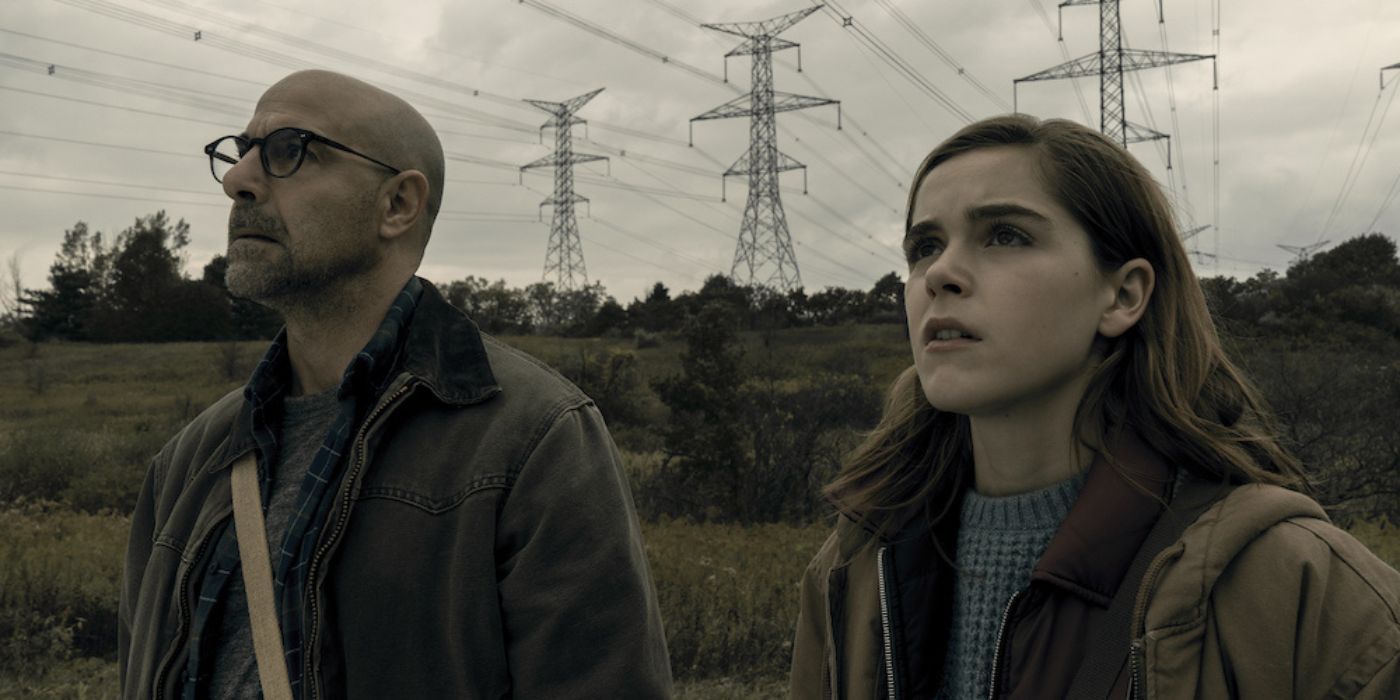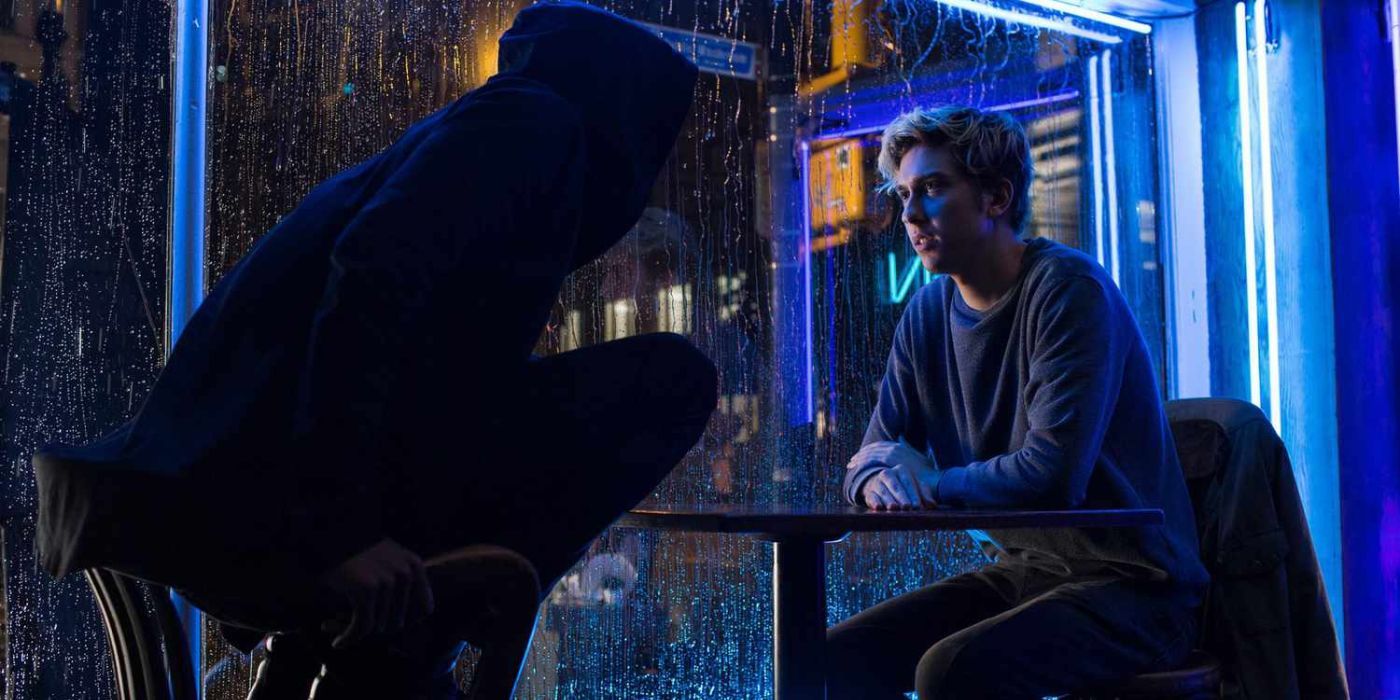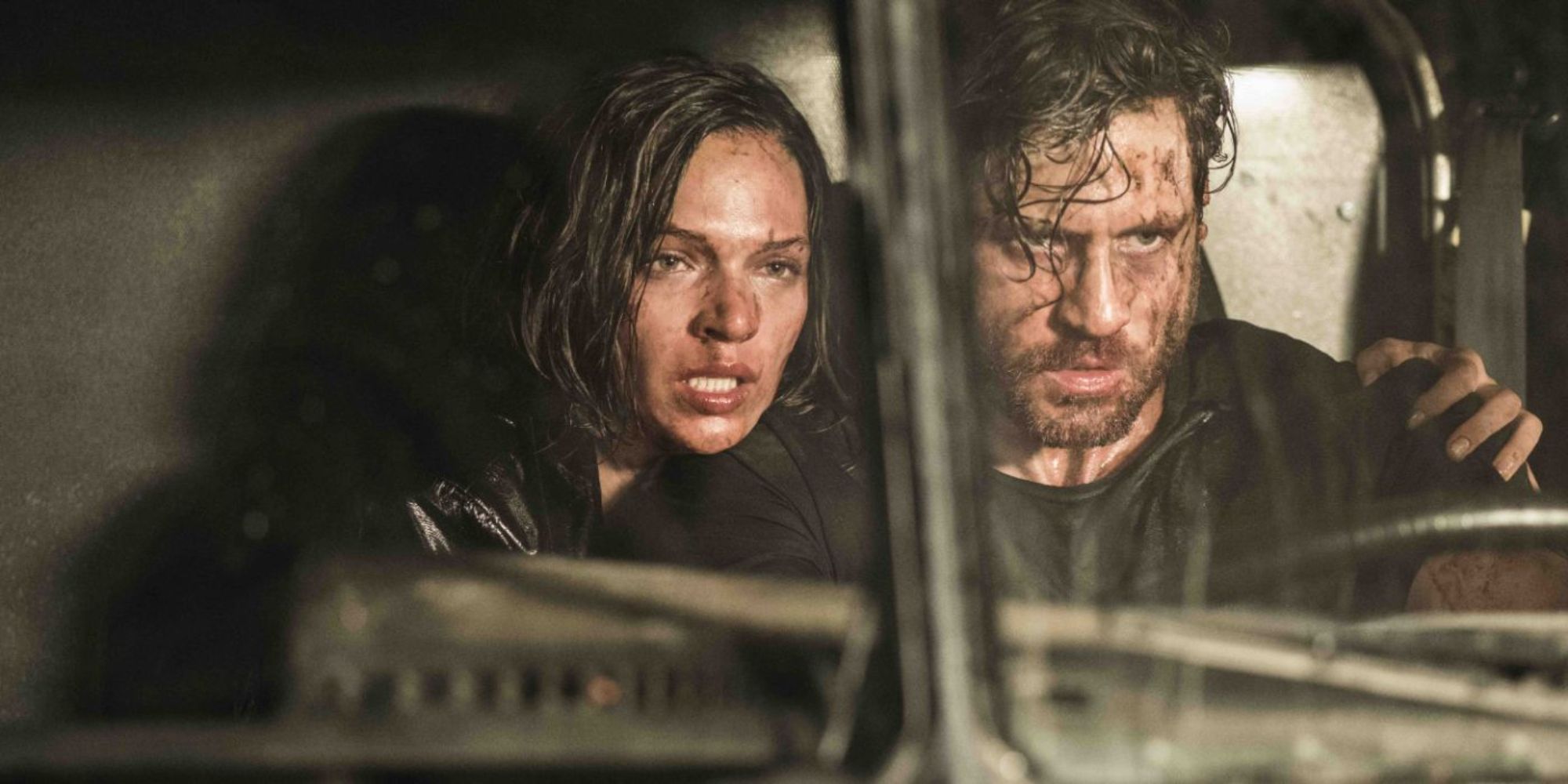Netflix has built a reputation for delivering diverse and original content, featuring original ideas from creators around the world and adaptations of well-known classics from film, TV, and literature. However, not every adaptation hits the mark; while some Netflix adaptations have been praised for their creativity and faithful representation of the source material, others have fallen short of expectations.
Whether due to poor execution, miscasting, or straying too far from beloved originals, certain movies have left fans disappointed. From The Woman in the Window, which failed to capture the psychological intensity of the novel, to The Last Days of American Crime, a critical and audience failure that barely resembled its graphic novel inspiration, some of the streamer’s efforts to update a previously published material are mediocre, to say the least. These are Netflix’s worst movie adaptations, ranked by just how much they missed the mark.
10 ‘Crouching Tiger, Hidden Dragon: Sword of Destiny’ (2016)
Directed by Yuen Woo-ping
Crouching Tiger, Hidden Dragon: Sword of Destiny is based on Iron Knight, Silver Vase, the fifth book in Wang Dulu’s Crane-Iron series. Set 18 years after the events of the original, the story follows Yu Shu Lien (Michelle Yeoh) as she comes out of retirement to protect the legendary Green Destiny sword. As the dangerous Hades Dai (Jason Scott Lee) seeks the sword’s power, Yu teams up with a young warrior, Snow Vase (Natasha Liu Bordizzo), and Silent Wolf (Donnie Yen), facing numerous obstacles to keep the sword safe.
Living up to the original Crouching Tiger, Hidden Dragon was always going to be challenging, but this Netflix adaptation failed more than anyone could’ve anticipated. Despite being visually stunning, with beautiful landscapes and well-choreographed fight scenes, the movie lacks the depth and emotional impact of its predecessor. The story feels rushed, and there is no character development, making it impossible to care about the protagonists. Sword of Destiny is among the worst sequels ever made; there’s no other way to put it. Despite the talent involved, this misguided follow-up is among the worst Netflix adaptations.
9 ‘Persuasion’ (2022)
Directed by Carrie Cracknell
Based on Jane Austen’s classic novel of the same name, Persuasion follows Anne Elliot (Dakota Johnson), a woman who, eight years earlier, was persuaded to break off her engagement to Frederick Wentworth (Cosmo Jarvis), a naval officer of modest means. Still unmarried and living with her financially troubled family, Anne is haunted by her decision. When Wentworth reenters her life, now a successful captain, Anne must navigate lingering feelings and societal expectations to determine if she can rekindle their romance.
Persuasion attempts to blend contemporary humor and fourth-wall-breaking narration with the period setting in an effort to give it a modern, timely twist in the vein of The Favourite and The Great. However, Persuasion is the wrong story to change because Anne Elliot is not Fleabag; the movie’s tone is inconsistent with the source material’s wit and atmosphere. The modernization of Anne’s character decreases her emotional depth and complexity, making her feel less relatable and very unlikeable.
8 ‘Uglies’ (2024)
Directed by McG
Uglies is based on Scott Westerfeld‘s popular dystopian novel of the same name. Set in a future society where teenagers undergo mandatory surgery at 16 to become “Pretties,” the story follows Tally Youngblood (Joey King), who eagerly awaits her transformation. However, her perspective changes when she befriends Shay (Liza Koshy), a rebellious teen who questions the system. When Shay runs away to join a group of outcasts, Tally is tasked with finding her or face remaining “ugly” forever. As Tally uncovers the dark truths behind the surgery and the controlling regime, she must decide where her loyalty lies.
Painfully out of place, Uglies belongs to the 2010s era of young adult dystopian movies, and you can tell once you watch it. The novel was considered a lesser addition to the genre and the period despite its commercial success. This Netflix adaptation feels very outdated and cannot build the immersive world that is necessary for dystopian movies. Uglies‘ storyline and tone are rushed, the characters are underdeveloped, and the plot glosses over key themes from Westerfeld’s book.
7 ‘The Kissing Booth’ (2018)
Directed by Vince Marcello
Joey King strikes again with The Kissing Booth, based on Beth Reekles’ young adult novel of the same name. The story follows high schooler Elle Evans (King), who finds herself in a complicated situation when she falls for Noah Flynn (Jacob Elordi), the older brother of her best friend, Lee Flynn (Joel Courtney). Elle and Lee have a long-standing friendship pact that forbids romantic involvement with each other’s family members, but Elle’s growing feelings for Noah make things difficult.
The Kissing Booth is full of outdated teen romance tropes. While Reekles’ novel was nothing to sing about, it was popular for its lighthearted approach. However, the Netflix adaptation doesn’t offer anything fresh or even fun to the genre. The characters are one-dimensional, and the central romance between Elle and Noah feels forced, worsened by King and Elordi’s lack of chemistry. The Kissing Booth also has problematic messages around relationships and consent, the rotten cherry on top of a truly distasteful cake.
6 ‘Blonde’ (2022)
Directed by Andrew Dominik
Blonde is based on Joyce Carol Oates’ fictionalized novel of the same name, which reimagines the life of Hollywood icon Marilyn Monroe. The movie follows Monroe, born Norma Jeane (Ana de Armas), through her tumultuous rise to fame, troubled personal life, and struggles with identity, relationships, and the pressures of stardom. While blending fact and fiction, the story explores Monroe’s internal battle with her public persona.
A controversial, sexist and dehumanizing portrayal of Marilyn Monroe’s life, Blonde sensationalizes her trauma. While based on Oates’ fictionalized novel, the movie took creative liberties that are exploitative, focusing heavily on Monroe’s pain without an ounce of intelligence to it. Blonde doesn’t treat Marilyn as an actual human or even a character that the director and screenplay writer care about. Despite Ana de Armas’ strong performance, Blonde’s bleak and overly graphic misogynist portrayal diminishes any impact it might have.
5 ‘The Woman in the Window’ (2021)
Directed by Joe Wright
Based on A.J. Finn’s bestselling novel of the same name, The Woman in the Window follows Anna Fox (Amy Adams), an agoraphobic woman who spends her days watching her neighbors from her New York City home. Her life takes a dark turn when she believes she witnessed a violent crime in the house across the street involving her new neighbor, Jane Russell (Julianne Moore). As Anna tries to uncover the truth, she grapples with her mental health struggles and the line between reality and paranoia blurs.
Despite a strong cast, The Woman in the Window suffers from poor pacing and a sloppy narrative that cannot capture the novel’s suspense. Changes in the plot and a disjointed tone undermine Amy Adams’ committed performance, which often seems out of place in a story that doesn’t know what it’s trying to say. The Woman in the Window‘s efforts to create twists fall flat, ultimately amounting to a generic and boring thriller without the exploration of trauma and paranoia present in the novel.
4 ‘Rebecca’ (2020)
Directed by Ben Wheatley
Rebecca is based on Daphne du Maurier‘s classic Gothic novel of the same name. It follows a young, unnamed woman (Lily James) who marries wealthy widower Maxim de Winter (Armie Hammer) and moves into his grand estate, Manderley. She soon finds herself living in the shadow of Maxim’s first wife, Rebecca, whose presence still haunts the house and its inhabitants, particularly the sinister housekeeper, Mrs. Danvers (Kristin Scott Thomas).
Living in the shadow of Alfred Hitchcock’s Oscar-winning 1940 adaptation, Netflix’s Rebecca was fighting a losing battle. When you remake a Hitchcock classic, comparisons are inevitable, and it is very hard to come out on top. Lacking the suspense, tension, and psychological depth that made the novel and Hitchcock’s movie masterpieces, the Netflix adaptation feels more like a glossy romantic drama than a haunting Gothic movie. The movie’s modernized elements, while visually appealing, strip away the eerie atmosphere and subtle menace, leaving a hollow and mediocre retelling of a great story.
WATCH ON NETFLIX
3 The Silence (2019)
Directed by John R. Leonetti
The Silence is based on Tim Lebbon’s 2015 horror novel of the same name. The movie follows Ally Andrews (Kiernan Shipka), a deaf teenager, and her family as they try to survive in a world overrun by terrifying, blind creatures called “vesps” that hunt by sound. Ally and her family seek refuge in the countryside, encountering a sinister cult that seeks to exploit Ally’s unique abilities.
On top of its lackluster execution, The Silence shared similarities to other, more successful movies like A Quiet Place, a major critical and commercial success released only a year before. While the novel had its distinct atmosphere and tension, this Netflix adaptation didn’t recapture it and failed to bring anything new to the table. The characters are not as engaging as they are on the page, leaving viewers detached from the danger the characters face, and the movie’s reliance on horror tropes undermines any semblance of suspense.
2 ‘Death Note’ (2017)
Directed by Adam Wingard
Death Note is based on the acclaimed Japanese manga series of the same name, which received an equally celebrated anime version. The movie follows Light Turner (Nat Wolff), a high school student who discovers a mysterious notebook that grants him the power to kill anyone whose name he writes, as long as he knows their face. Adopting the alias “Kira,” Light uses the notebook to enact his twisted sense of justice but soon finds himself in a deadly cat-and-mouse game with L (Lakeith Stanfield), a brilliant detective determined to stop him.
Drastically departing from the beloved source material, Death Note fails to capture its complexity. The storyline was oversimplified, stripping away the psychological battle and mind games between Light and L. The characters were altered significantly, with Light Turner lacking the cunning and depth of the original Light Yagami. This Netflix adaptation attempts to fit the story into a 100-minute runtime, resulting in a rushed plot and underdeveloped themes, disappointing fans of the original manga and anime. Also, the choice to Americanize the story did more harm than good.
1 ‘The Last Days of American Crime’ (2020)
Directed by Olivier Megaton
The Last Days of American Crime is based on the graphic novel of the same name by Rick Remender and Greg Tocchini. It is set in a dystopian near future, where the U.S. government plans to broadcast a signal that will prevent citizens from committing crimes by inhibiting their ability to engage in unlawful behavior. Graham Bricke (Édgar Ramírez), a career criminal, teams up with Kevin Cash (Michael Pitt) and Shelby Dupree (Anna Brewster) to pull off one final heist before the signal goes live.
The Last Days of American Crime achieved overwhelming critical failure due to its botching of a promising concept, weak performances, bloated runtime, and incoherent storytelling. Despite an intriguing dystopian premise, The Last Days of American Crime drags with underdeveloped characters and poorly paced action sequences, failing to capture the graphic novel’s intensity. Couple with unnecessary gratuitous violence, this misguided adaptation is one of Netflix’s most universally panned movies, achieving a whopping 0% on Rotten Tomatoes.
Watch on Netflix


